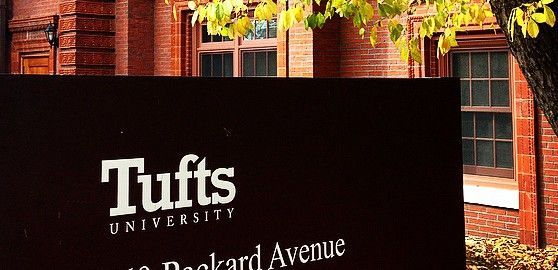Working with the trauma and wounds by Rabia Altaf
The lecture given by Lord Alderdice and MP Donaldson to Fletcher students had a profound impact on all of us: to hear practitioners of peace building who had a personal stake in the outcome of their conflict was of enormous benefit to the peace builders in training. My personal experience in witnessing conflict has been through my work with the US Department of Defense, mostly with my work having focused on Afghanistan and Pakistan. Having returned from a 17 month stint in May, Lord Alderdice and MP Donaldson’s lecture provided a way for me to see the interethnic conflict within Afghanistan a bit differently, as well as the role of the international community in solving these long-simmering crises.
NATO’s role in attempting to pacify Afghanistan after the American invasion in 2001 has mostly been military-led, with both soldiers and civilians working at the grassroots level up to the national level to calm tensions based on tribe, ethnicity, and political affiliation. The complicated history of Afghanistan coupled with the destruction of its society several times over make for a heartbreaking conflict in which human life’s worth has plummeted. The lecture by MPs Alderdice and Donaldson reframed my understanding of the Afghan conflict by emphasizing that past wounds and trauma, while surmountable, cannot simply be waved away over time. Forging peace requires working with the trauma and wounds that exist as a result of the conflict, and understanding that the group today was not the group that existed yesterday or 30 years ago.
The peace building must be rooted in the present, or else it becomes a rehashing of past wrongs. This is a key issue with Afghanistan’s government and the Taliban: both don’t recognize the other’s right to exist and are at stalemate in their struggle for full control of the country. While Northern Ireland’s peace process does not mirror Afghanistan’s, the lessons to draw from it are still useful in understanding the dimensions of peace building not readily apparent to outside observers.
By Rabia Altaf, The Fletcher School of Law and Diplomacy at Tufts University



